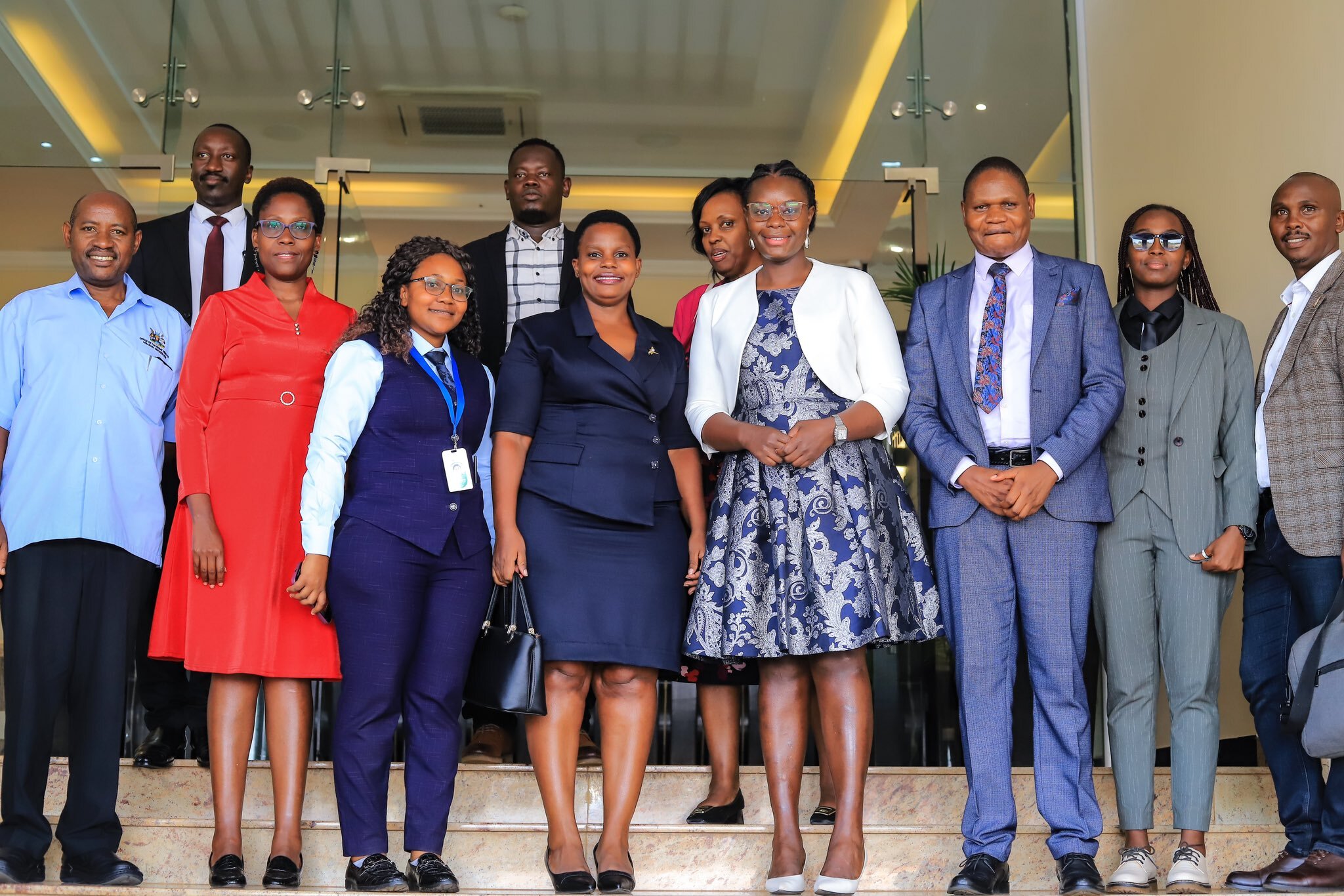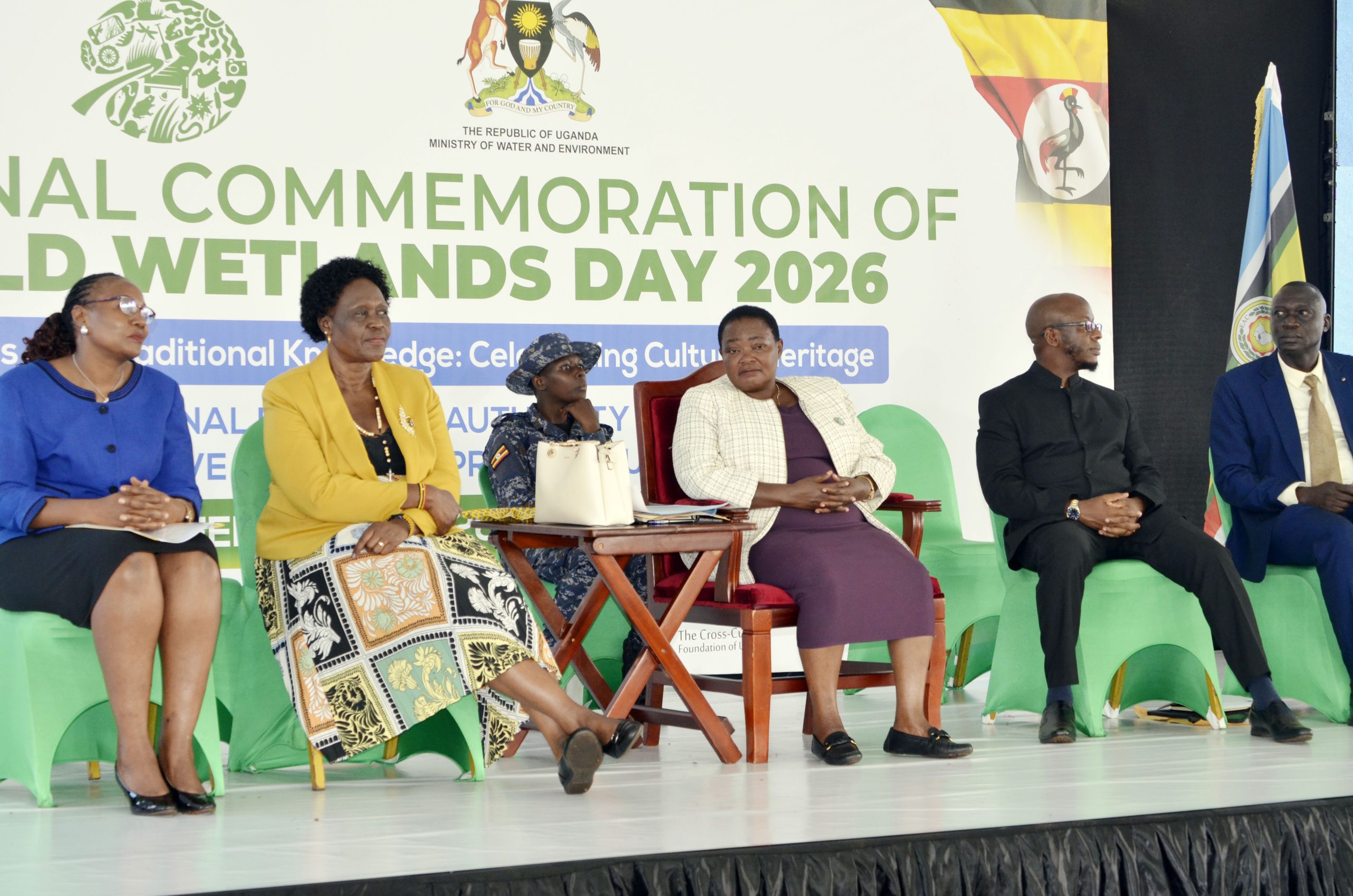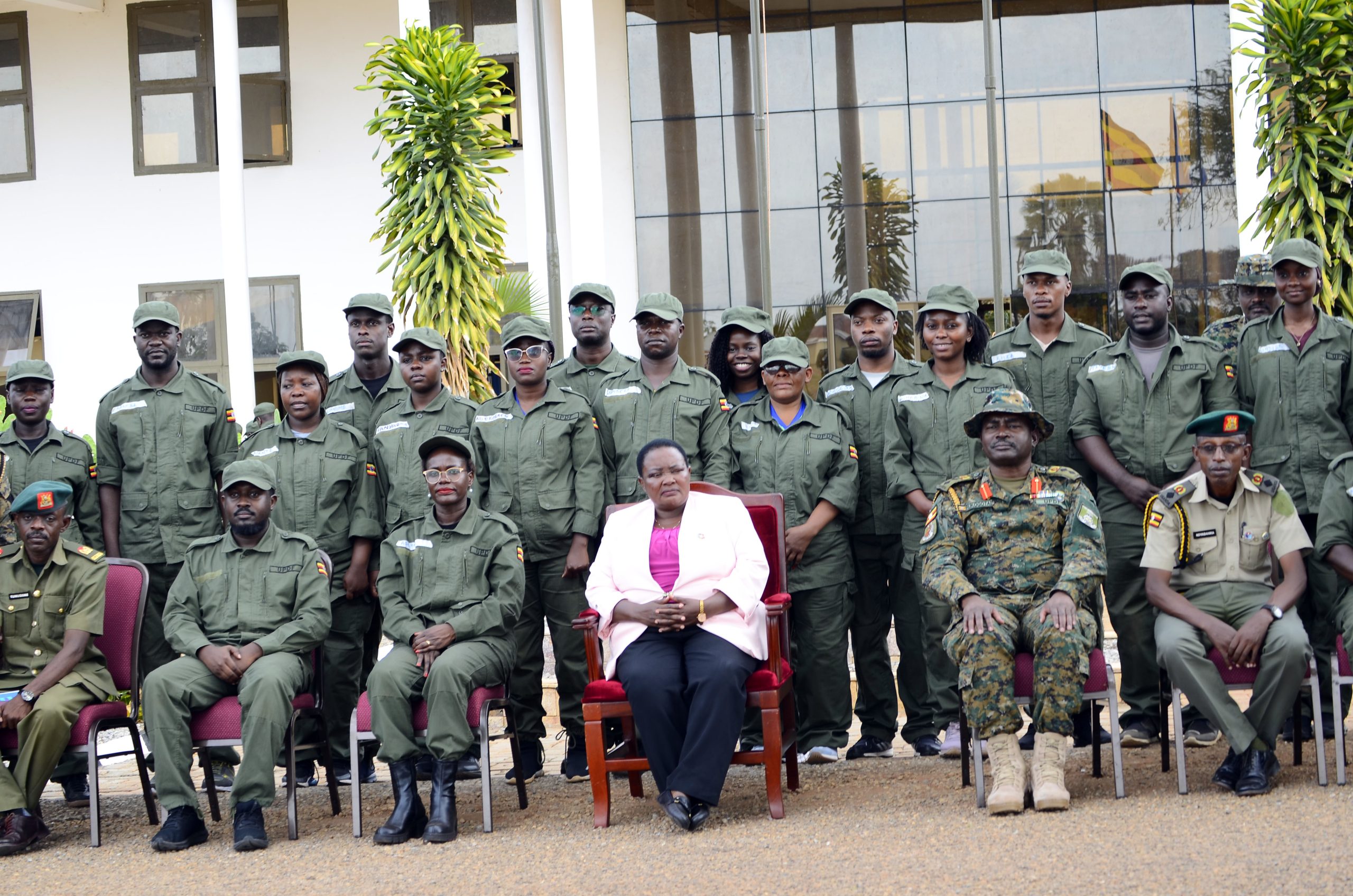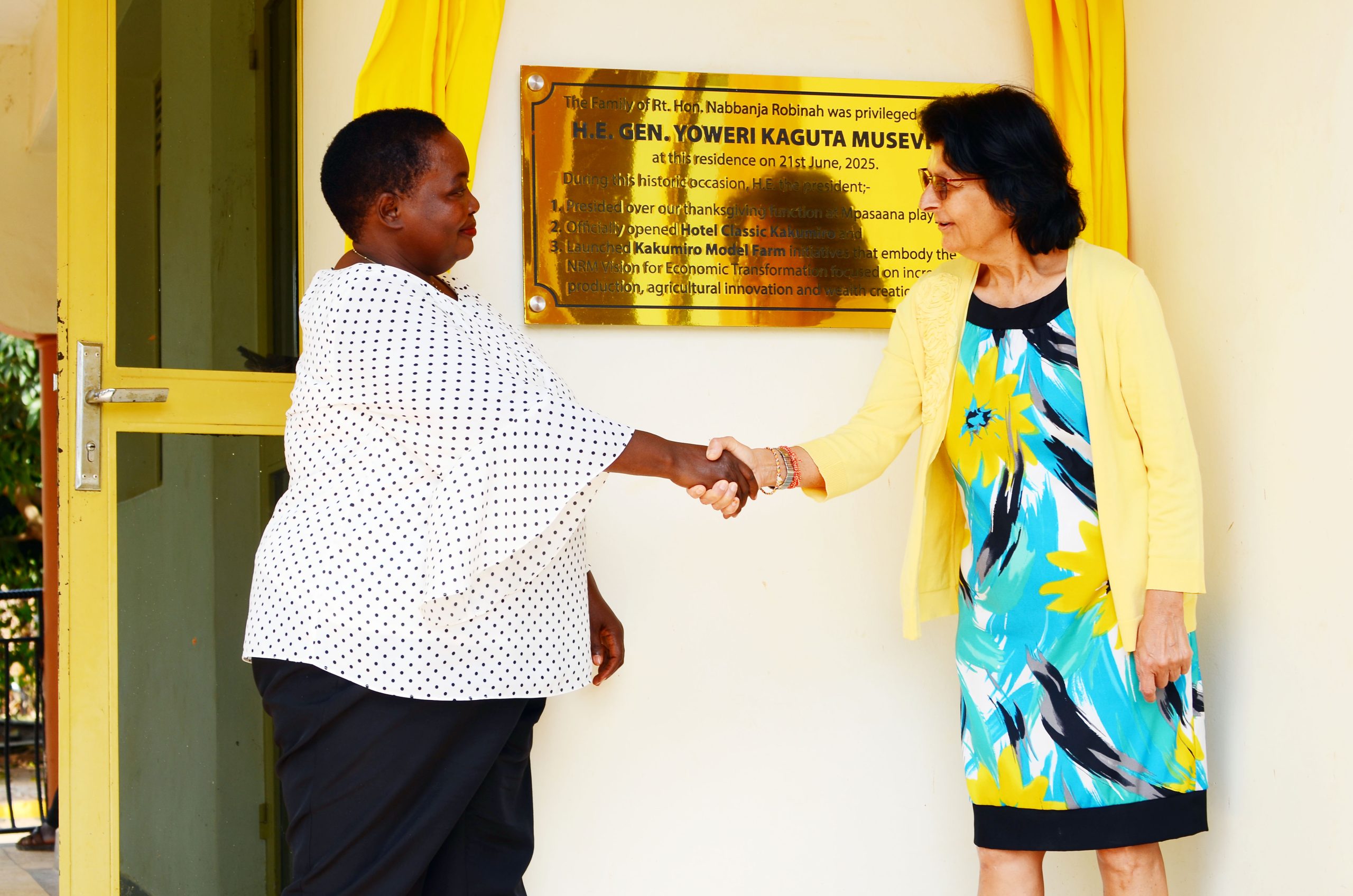By: Derrick Senyonga
KAMPALA
Uganda has made significant strides in creating a sustainable humanitarian and development response framework, particularly focusing on the localization in refugee response, a model that the entire world looks up to emulate. This was revealed by the Minister of State for Relief, Disaster Preparedness and Refugees, Hon. Dr. Lillian Aber during the Annual Grand Bargain meeting held in at Mestil Hotel in Kampala yesterday.
Organized under the theme: “Advocating Localization and Sustainable Humanitarian Impact through Quality Funding, Equitable and Accountable Partnerships,” Hon. Aber stated that Uganda had made great strides on all the five commitments the country made at the Global Refugee Forum (GRF) in December 2023.
“The government is advocating for a greater share of humanitarian and development funding to be directed towards local entities. This ensures that resources are aligned with the local priorities,” she said.
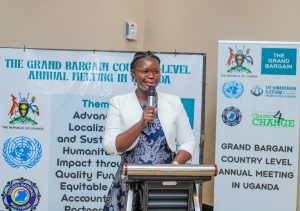
Hon. Lillian Aber presenting a keynote address during the AGM for the Grand Bargain Council
Hon. Aber urged the Ministry of Local Government to coordinate other relevant stakeholders and develop a clear strategy and policy framework for localization since this creates an enabling environment outlining roles, responsibilities, mechanisms for accountability, ensuring that local efforts are recognised and supported saying that; “The government of Uganda has already created an enabling environment for localisation to thrive in Uganda.”
“By prioritising local engagement, building resilience and fostering collaboration, Uganda is positioning itself to better response to the needs of its population, while also enhancing sustainability of its humanitarian efforts. Continuous focus on those initiatives will be critical for achieving long term positive outcomes for both refugees and the host communities in Uganda,” she added.
Representing Hon. Raphael Magyezi, Ms. Kashemeire Ketty the Assistant Commissioner Local Councils Development in the Ministry of Local Government said that local governments are the backbone of Uganda’s humanitarian response decrying underfunding.
“Their role is indispensable and yet they remain underfunded and under-supported. As we leave this meeting today, let us remember that the success of Uganda’s humanitarian efforts depends on the strength and capacity of our local governments,” she said.
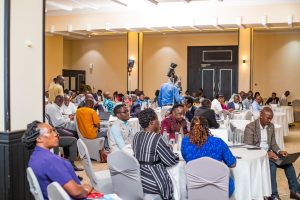
A cross section of participants during the Grand Bargain Council AGM
Calling upon international partners, donor agencies and government of Uganda to increase funding allocations to district local governments, Ms. Kashemeire said that Uganda continues to face the threat of natural disasters and climate change and therefore, “local governments must be equipped to take proactive steps to protect their communities.”
She added: “We need to prioritise investments in capacity building at a district level, ensuring that local governments have the expertise and resources to handle future incidents. In refugee hosting districts, it is also essential to provide support for infrastructure development, building and upgrading schools, health centres, roads and water systems. These investments will not only improve the quality of life for refugees and host communities, but also build resilience of local populations.”
Securing quality funding is one of the key issues that arose from the event with most organizations appealing for meaningful, flexible, and multi-year core funding to sustain local actors.
“When we are looking at supporting the sustainability and development of local organisations, let’s start from the indirect cost of money that you give to us. One way is to increase the percentage, maybe from the 4 or 3% to 10%,” proposed one of the participants.
Ms. Catherine Nakasinde from African Women and Youth Action for Development (AWYAD), also doubling as the Advocacy and Influencing Officer of Western Uganda Humanitarian Platform said that multi-year funding was now a recognized and preferred modality as this flexibility enables the recipient to respond effectively and efficiently.
According to Mr. Steven Wamono Bwayo, the Executive Director AWYAD and chairperson National Reference Group in Uganda (Grand Bargain Meeting), the Grand Bargain was launched in May 2016 at the World Humanitarian Summit in Istanbul and is a unique agreement between some of the largest donors and humanitarian organizations who have committed to get more means into the hands of people on need and to improve the effectiveness and efficiency of the humanitarian action.
The five key commitments by Uganda at GRF include; integration of local solutions (Localization), resilience building, environment, climate change and energy, security durable solutions for refugees and transition management
